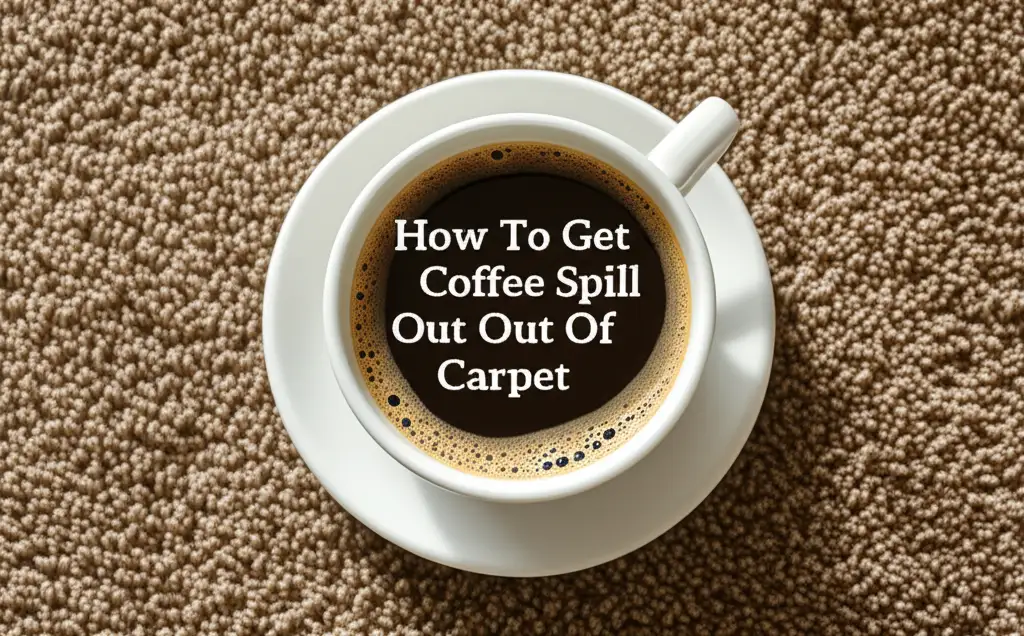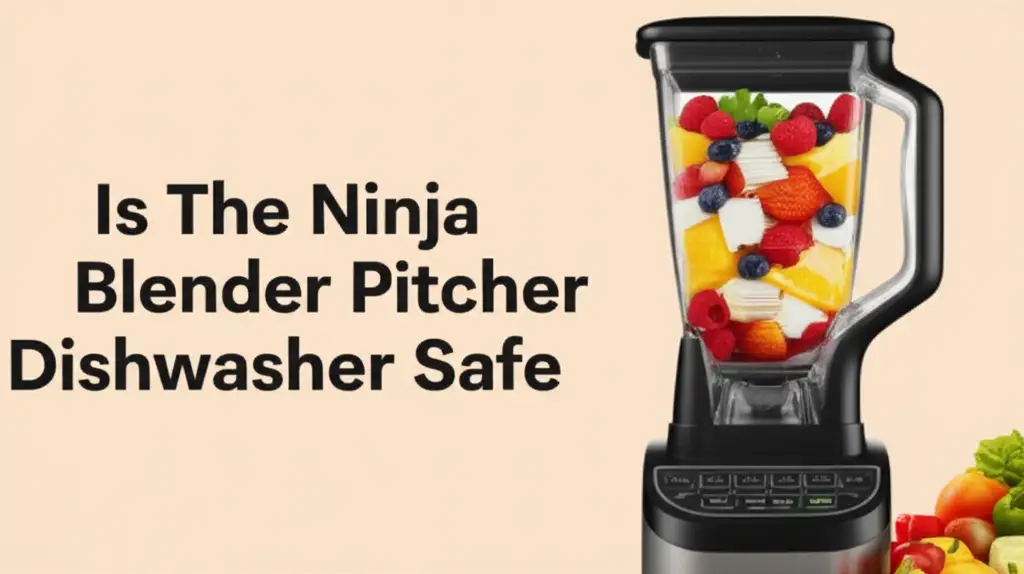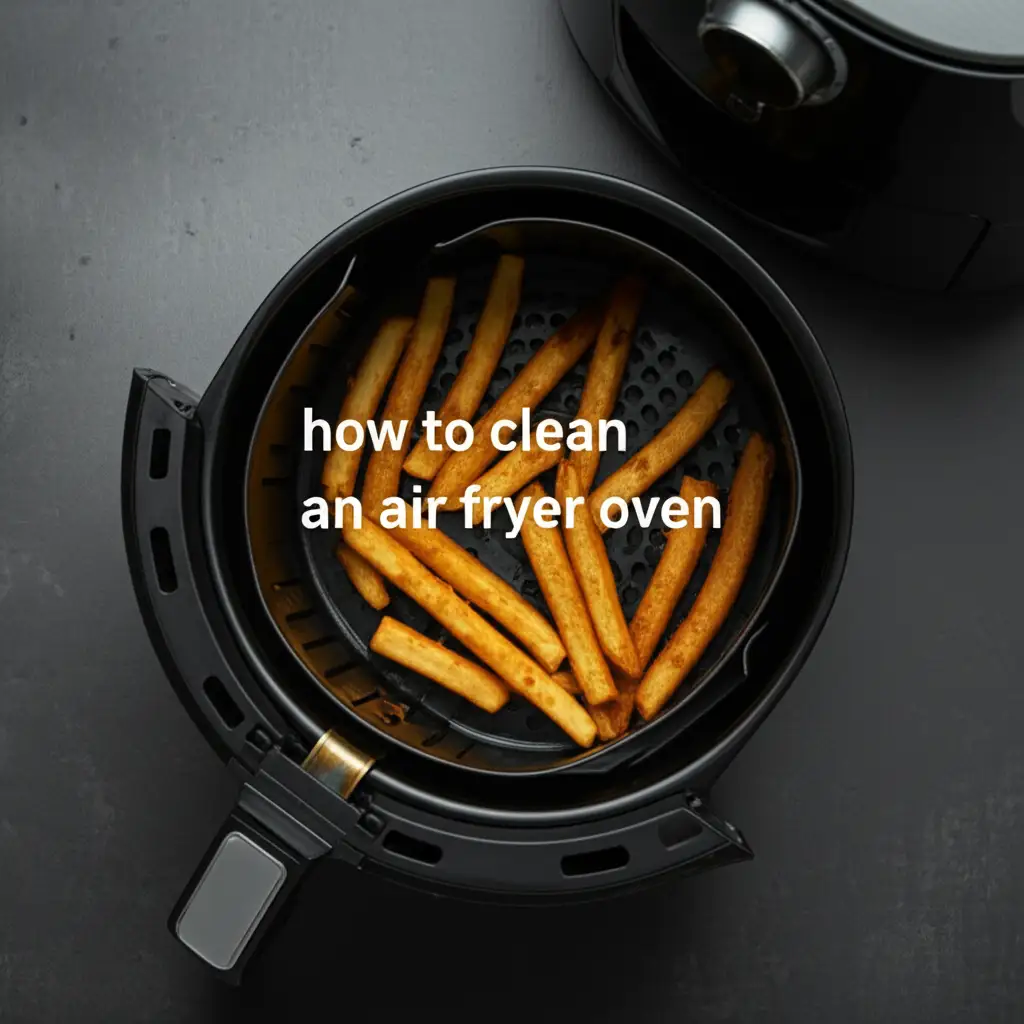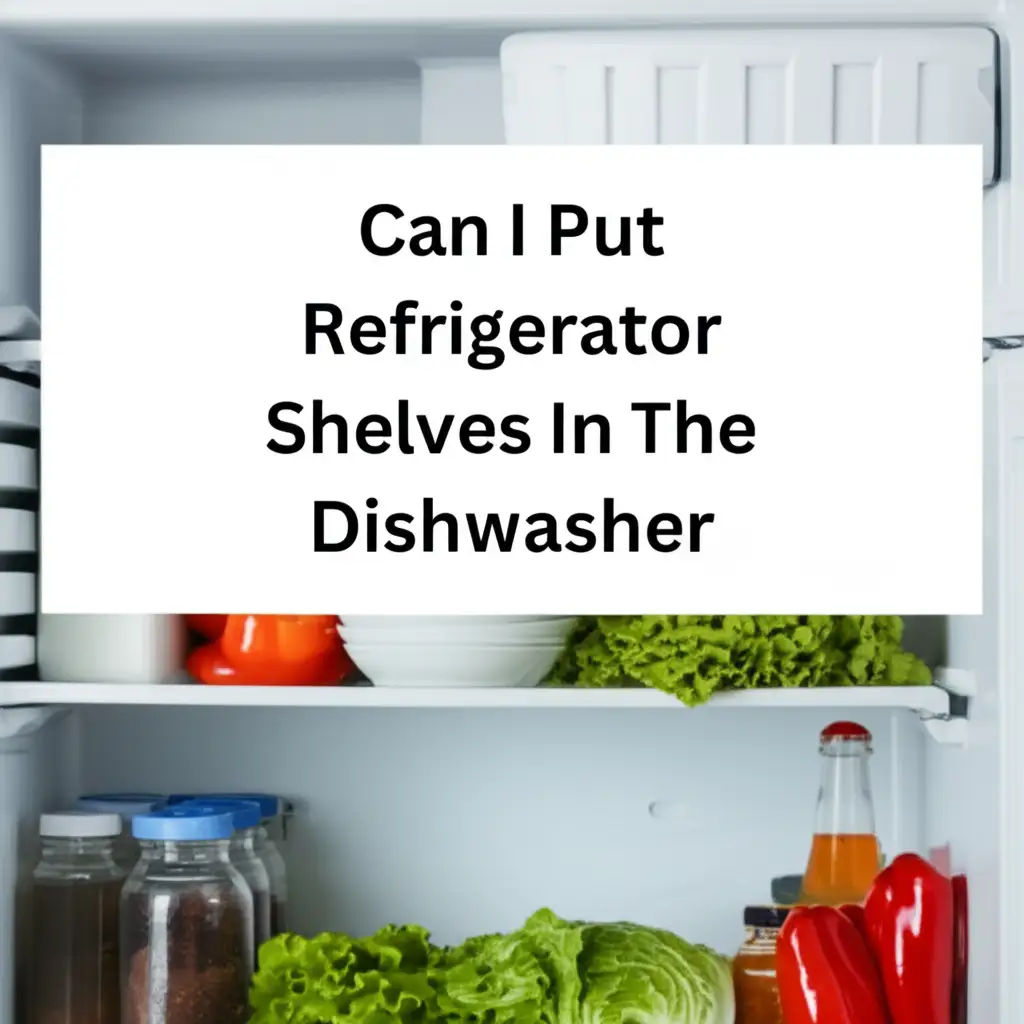· Mason Everett · Home Cleaning Tips · 17 min read
Can I Use Pine Sol In My Dishwasher
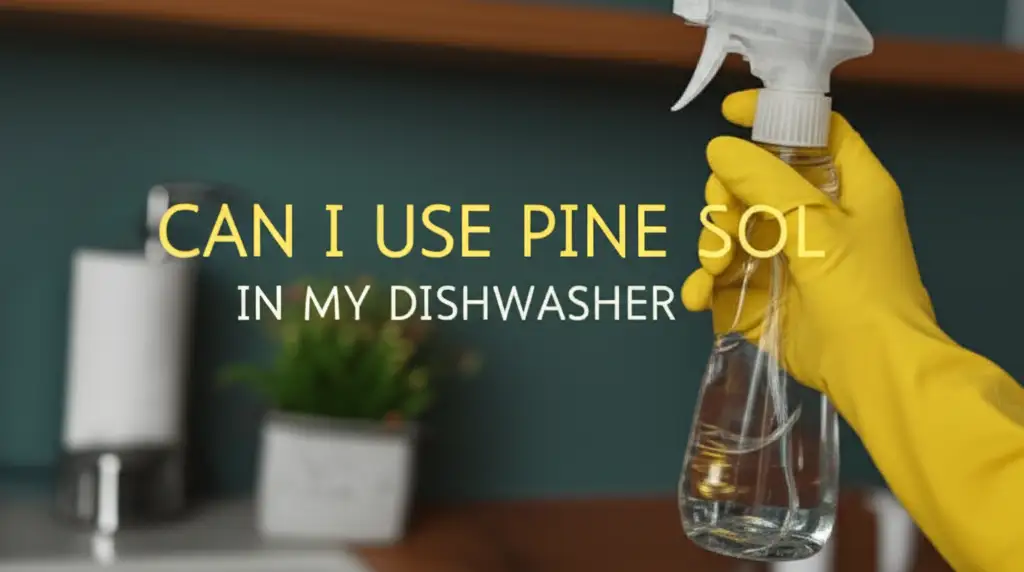
Pine-Sol in Your Dishwasher: A Risky Cleaning Shortcut?
When you consider cleaning your dishwasher, you might think about using strong household cleaners. Pine-Sol is a popular multi-surface cleaner known for its powerful scent and cleaning abilities. You might wonder, “Can I use Pine-Sol in my dishwasher?” The idea of a fresh-smelling, sparkling clean dishwasher is appealing. However, putting Pine-Sol in your dishwasher is not a good idea. This common household product is not designed for dishwashers. Using it can cause serious problems for your appliance and even your health.
This article will explain why you should never use Pine-Sol in your dishwasher. We will look at the specific dangers it poses to your appliance’s parts. We will also discuss the potential health risks for you and your family. Moreover, we will explore safe and effective methods to clean your dishwasher. You will learn about approved dishwasher cleaners and natural alternatives. By the end, you will understand how to keep your dishwasher clean and running well, without taking unnecessary risks.
Takeaway:
- Do Not Use Pine-Sol: Pine-Sol is an all-purpose cleaner, not a dishwashing detergent. It creates excessive suds and can harm your dishwasher.
- Risk of Damage: Using Pine-Sol can lead to foam overflow, pump damage, seal corrosion, and voided warranties.
- Health Hazards: Chemical residues can stay on dishes, leading to potential ingestion or skin irritation.
- Use Approved Cleaners: Always use detergents and cleaners specifically made for dishwashers.
- Safe Alternatives Exist: Vinegar, baking soda, and commercial dishwasher cleaners are safe options.
The Clear Answer:
No, you cannot use Pine-Sol in your dishwasher. Pine-Sol is an all-purpose cleaner that produces too much foam for a dishwasher. It lacks the specific formulation needed for washing dishes and can cause significant damage to your appliance and create health hazards.
The Harsh Realities: Why Pine-Sol and Dishwashers Don’t Mix
You might see a bottle of Pine-Sol and think, “This smells so clean, it must work wonders in my dishwasher!” This thought comes from Pine-Sol’s strong cleaning power on hard surfaces. However, dishwashers are very different from floors or countertops. They need a specific type of cleaner to work correctly. Pine-Sol is not a dishwasher detergent. Its chemical makeup makes it completely unsuitable for your dishwashing machine.
One of the biggest issues is suds. Pine-Sol is a high-sudsing cleaner. It is designed to create a lot of foam when mixed with water. This foam helps lift dirt from surfaces you manually clean. Dishwashers, on the other hand, require low-sudsing detergents. They use powerful jets of water to clean dishes, not foam. When you put a high-sudsing product like Pine-Sol into a dishwasher, the machine fills with a massive amount of suds. This foam can quickly overflow the dishwasher door. This causes a messy leak all over your kitchen floor. It is a surprising and often frustrating experience.
Furthermore, Pine-Sol contains different chemicals than dishwasher detergents. Dishwasher detergents have enzymes and other agents that break down food particles. They are formulated to be safe for dishware and the internal parts of the dishwasher. Pine-Sol has ingredients meant for general household surfaces. These ingredients are often harsh on plastic and rubber components found inside dishwashers. They can also leave a sticky residue. This residue can build up over time. It affects your dishwasher’s performance and cleanliness. Understanding the difference between general cleaners and specialized detergents is crucial for appliance longevity and safety. You can learn more about suitable liquids for dishwashers by reading about Can You Use Dishwasher Liquid In Dishwasher. This helps you avoid harmful mistakes.
Potential Dangers and Damage to Your Dishwasher
Using Pine-Sol in your dishwasher does more than just create a sudsy mess. It poses a real threat to the appliance itself. Dishwashers are complex machines with many moving parts. Each part is designed to work with specific types of cleaning agents. Pine-Sol’s formula is simply too aggressive for these delicate components. The damage can be costly and sometimes irreversible.
First, let’s talk about the overflow. When excessive suds fill the dishwasher, they force their way out through door seals and vents. This leads to water leakage onto your kitchen floor. Such leaks can damage your flooring, cabinets, and subfloor. Constant exposure to moisture can also encourage mold growth behind appliances. This creates a bigger problem than just a dirty dishwasher. The suds themselves can also be corrosive over time. They might strip away protective coatings or damage the internal wiring.
Next, consider the internal mechanisms. The dishwasher’s pump system is not built to handle high volumes of foam. The foam offers less resistance than water. This causes the pump to work harder than it should. This extra strain can lead to overheating or motor failure. The seals and gaskets inside the dishwasher are also vulnerable. Pine-Sol’s chemicals can degrade the rubber and plastic materials these parts are made from. Over time, these seals can crack, dry out, or become brittle. This leads to more leaks and inefficient operation. Replacing these parts is often expensive. Sometimes, it is cheaper to buy a new dishwasher than to repair extensive internal damage.
Finally, using unapproved cleaning products almost always voids your appliance warranty. Manufacturers specify what types of cleaners are safe for their machines. Deviating from these guidelines means that if your dishwasher breaks down due to Pine-Sol use, the company will not cover the repair costs. This leaves you responsible for the full expense. It is a risk not worth taking, especially when proper dishwasher detergents are readily available. Knowing the correct amount of detergent for your dishwasher is also vital for its health and performance. You can find useful information on this topic in our article How Much Dishwasher Powder To Use. This guide helps prevent common mistakes that lead to appliance wear.
Health Risks of Using Non-Dishwasher Detergents
The dangers of using Pine-Sol in your dishwasher extend beyond appliance damage. They also include potential health risks to you and your family. Dishwashers clean items that touch food. This means any residue left behind on dishes can transfer to what you eat or drink. Pine-Sol is not meant for food contact surfaces. Its ingredients can be harmful if ingested.
One major concern is chemical residue. Pine-Sol’s strong chemicals are designed to clean surfaces, not to be consumed. Even after a rinse cycle, some residue might cling to your dishes, glasses, and silverware. When you use these dishes, the chemicals can leach into your food or drinks. Ingesting these residues can cause digestive upset. Symptoms might include nausea, vomiting, or stomach pain. For sensitive individuals, the reactions could be more severe. Children are especially vulnerable. Their smaller bodies mean even small amounts of chemicals can have a greater impact.
Another health risk comes from skin irritation. Handling dishes that have Pine-Sol residue can cause skin reactions. Some people might experience redness, itching, or a rash. Repeated exposure can lead to more serious skin conditions like dermatitis. If Pine-Sol fumes become airborne during a hot wash cycle, they can also cause respiratory irritation. The strong scent might trigger headaches, dizziness, or breathing difficulties for people with asthma or allergies. Your home should be a safe environment, and using appropriate cleaning products contributes to this safety.
In summary, the ingredients in Pine-Sol are not food-grade safe. They are not formulated to be washed off completely from dishes, nor are they tested for ingestion safety. Professional dishwasher detergents are specifically designed to rinse away cleanly. They leave no harmful residues. Opting for a product like Pine-Sol puts your health at an unnecessary risk. Always prioritize health and safety over a perceived shortcut in cleaning. If you are curious about other cleaning agents, consider reading about Can I Use OxiClean In My Dishwasher. It discusses the safety of another common household product in dishwashers.
The Right Way to Clean Your Dishwasher: Approved Solutions
Now that we understand why Pine-Sol is a no-go, let’s focus on what you should use. Cleaning your dishwasher is essential for its performance and the cleanliness of your dishes. The good news is that many safe and effective solutions exist. These options will keep your appliance sparkling without any risks. Choosing the right cleaner is key to maintaining your dishwasher’s efficiency and lifespan.
The most straightforward and recommended method is to use a commercial dishwasher cleaner. These products are specially formulated for dishwashers. They contain powerful agents that break down grease, grime, and hard water deposits. You simply place them in the detergent dispenser or hang them in the rack, then run a hot cycle. Brands like Finish Dishwasher Cleaner or Affresh Dishwasher Cleaner are popular choices. They work to remove odors and build-up, ensuring your dishwasher runs smoothly. These cleaners are tested to be safe for all dishwasher components. Using them regularly, usually once a month, helps prevent many common dishwasher problems. For a detailed guide on using these products, refer to How To Use Dishwasher Cleaner. It provides clear steps for effective cleaning.
If you prefer natural cleaning solutions, white vinegar and baking soda are excellent alternatives. These common household items are safe and effective. To clean with vinegar, first empty your dishwasher. Place a cup of white vinegar in a dishwasher-safe bowl on the top rack. Run a hot water cycle. The vinegar helps to remove grease, hard water stains, and odors. It also acts as a natural disinfectant. For tougher grime, sprinkle a cup of baking soda on the bottom of the empty dishwasher. Run a short, hot cycle. Baking soda is a mild abrasive that helps scrub away stuck-on food and deodorize the interior. You can also combine these methods by running a vinegar cycle first, followed by a baking soda cycle after the dishwasher has cooled.
Remember, the goal is to clean the dishwasher’s interior, including the spray arms, filter, and walls. These areas accumulate food particles and mineral deposits over time. Regular cleaning prevents bad odors and ensures your dishes come out truly clean. These approved solutions offer peace of mind. They protect your appliance and your health. They are simple to use and highly effective. For more natural options, you might be interested in our guide on Can I Use Vinegar Instead Of Rinse Aid In Dishwasher. This resource expands on vinegar’s versatility in dishwasher care.
Understanding Dishwasher Detergents vs. All-Purpose Cleaners
It is easy to confuse cleaning products. Many look similar and claim to “clean” everything. However, there is a big difference between a dishwasher detergent and an all-purpose cleaner like Pine-Sol. Understanding this distinction is crucial for proper cleaning and appliance care. Each product is formulated for a specific job and environment.
Dishwasher detergents are highly specialized. They are designed to work in a contained environment with high water temperatures and powerful spray jets. Their key feature is a low-sudsing formula. This means they produce very few bubbles. This prevents the foam overflow we discussed earlier. Dishwasher detergents contain powerful enzymes. These enzymes break down tough food residues like grease, protein, and starch. They also often include bleach or oxygen-based cleaning agents. These agents help remove stains and sanitize dishes. Importantly, dishwasher detergents are formulated to rinse away completely. This leaves no harmful residue on your plates and glasses. Their chemistry ensures they are safe for both your dishes and the appliance’s internal components.
All-purpose cleaners, like Pine-Sol, are different. They are made for manual cleaning of various surfaces such as floors, countertops, and walls. These cleaners are often high-sudsing because suds help to lift dirt when you scrub. Their ingredients are typically detergents and disinfectants that are effective on hard surfaces. However, they are not designed to be heated to high temperatures or rinsed thoroughly in a closed system like a dishwasher. The chemical composition is not suitable for food contact items. They also lack the specific enzymes needed to break down food particles effectively in a dishwasher. Instead, they can leave a film or sticky residue behind.
Using the wrong cleaner can lead to poor cleaning results. It can also cause damage to your appliances. Think of it like putting diesel fuel into a gasoline engine. Both are fuels, but they are designed for different engines and will cause serious problems if mixed up. Always read the label on cleaning products. Ensure they are explicitly marked for “dishwasher use.” This simple step prevents costly mistakes and keeps your kitchen running smoothly.
Best Practices for a Sparkling Clean Dishwasher and Dishes
Keeping your dishwasher clean is not just about avoiding harmful products. It is also about adopting smart habits. Regular maintenance and proper usage are key to ensuring your dishwasher always produces spotless dishes. These practices help your appliance last longer and perform at its best. They also prevent odors and maintain hygiene.
First, always scrape off large food particles from dishes before loading them into the dishwasher. You do not need to pre-rinse excessively, but removing significant debris is important. This prevents food from clogging the filter or spray arms. A clogged filter reduces cleaning efficiency. It can also cause unpleasant odors inside the machine. Regularly check and clean your dishwasher’s filter. Most filters are easy to remove and wash under running water with a brush. This simple step can make a big difference in preventing food build-up and ensuring good drainage.
Next, load your dishwasher correctly. Do not overcrowd the racks. Overloading prevents water and detergent from reaching all surfaces of your dishes. This results in dirty or spotty dishes. Make sure that nothing blocks the spray arms. Spin the spray arms manually after loading to check for obstructions. Proper loading ensures maximum cleaning power. It also helps prevent damage to dishes from bumping into each other during the cycle. Also, consider the type of dishwasher you have, as some like Samsung dishwashers might have specific loading recommendations for pods. You can find more information about this in our article Can You Use Pods In Samsung Dishwasher.
Finally, use the right amount of dishwasher detergent. Too little detergent means dishes won’t get clean. Too much can lead to excessive suds even with proper detergent or leave residue on dishes. Follow the manufacturer’s recommendations on detergent packaging. Use rinse aid if you have hard water. Rinse aid helps water sheet off dishes, preventing spots and streaks. Running a monthly cleaning cycle with an approved dishwasher cleaner, vinegar, or baking soda, as discussed earlier, is also vital. These practices ensure your dishwasher remains efficient, odor-free, and delivers truly clean dishes every time you run it. They are simple habits that extend the life and effectiveness of your appliance.
What to Do If You Accidentally Used Pine-Sol in Your Dishwasher
Accidents happen. If you’ve accidentally poured Pine-Sol into your dishwasher, do not panic. Acting quickly can minimize potential damage and mitigate health risks. It is important to know the correct steps to take immediately. This helps protect your appliance and ensures your safety.
First, stop the dishwasher cycle immediately. Open the dishwasher door carefully to observe the situation. You will likely see a large amount of foam overflowing or filling the tub. Do not attempt to run another cycle with water, as this might spread the suds further or push them into areas they shouldn’t go. If the cycle has already completed, do not open the dishwasher until the suds have subsided or you have managed to remove some of them.
Next, focus on removing the suds. Use towels to sop up as much foam as possible from inside the dishwasher and from the floor. You might need several towels. Once the majority of the foam is gone, you need to rinse the interior thoroughly. The best way to do this is to manually pour several cups of clean water into the bottom of the dishwasher. Close the door and select a “rinse only” cycle, or the shortest cycle available without heat. Run this cycle for a few minutes, then stop it and drain the water. Repeat this rinsing process several times until you no longer see any suds. This helps flush out the Pine-Sol residue. If your machine is designed to drain manually, use that function.
After rinsing, wipe down the interior of the dishwasher, including the walls, racks, and spray arms, with a clean, damp cloth. Pay special attention to the door gasket and filter area. Leave the dishwasher door ajar for several hours to allow it to air dry completely. This also helps any lingering fumes dissipate. Before using the dishwasher for dishes, run one final “rinse only” cycle with nothing inside to ensure all Pine-Sol is gone. If your dishwasher shows signs of damage, such as unusual noises, leaks, or failure to drain, contact a professional appliance technician. Do not try to repair it yourself, as this could worsen the problem or void any remaining warranty. Prioritize safety and thoroughness in this cleanup process.
Frequently Asked Questions
Is Pine-Sol safe for dishes?
No, Pine-Sol is not safe for dishes. It is an all-purpose household cleaner, not a dishwashing detergent. Its ingredients are not food-grade safe and can leave harmful residues on dishes. Ingesting these residues can cause stomach upset or other health issues. Always use products specifically designed for washing dishes.
What happens if Pine-Sol is put in a dishwasher?
If Pine-Sol is put in a dishwasher, it will create excessive suds. These suds can overflow the dishwasher, causing water damage to your kitchen floor and cabinets. The foam can also damage the dishwasher’s pump and seals. This may lead to costly repairs and could void your appliance’s warranty.
Can I use other household cleaners in my dishwasher?
No, you should not use other household cleaners like laundry detergent, hand soap, or floor cleaner in your dishwasher. These products are not formulated for dishwashers. They can cause excessive suds, damage the appliance, and leave harmful residues on your dishes. Always use detergents made specifically for dishwashers.
What are safe alternatives to Pine-Sol for dishwasher cleaning?
Safe alternatives for cleaning your dishwasher include commercial dishwasher cleaners. These are sold specifically for this purpose. You can also use natural options like white vinegar or baking soda. White vinegar helps remove hard water spots and odors. Baking soda helps to deodorize and gently clean the interior.
How often should I clean my dishwasher?
You should clean your dishwasher regularly to maintain its performance and prevent odors. A quick wipe-down of the door and filter is good after each use. A more thorough cleaning, using a dishwasher cleaner, vinegar, or baking soda, is recommended once a month. This prevents build-up and keeps your dishes sparkling.
Conclusion
The thought of a powerful cleaner like Pine-Sol making your dishwasher sparkle is tempting. However, as we have seen, using Pine-Sol in your dishwasher is a mistake. It is a cleaning shortcut that carries significant risks. From damaging your appliance to posing serious health hazards, the consequences far outweigh any perceived benefits. Pine-Sol’s high-sudsing formula and harsh chemicals are simply not compatible with the delicate internal mechanisms of a dishwasher or the items we use for eating.
We have explored the potential for messy overflows and expensive appliance repairs. We also discussed the dangers of chemical residues on your dishes. Your health and the longevity of your home appliances are important. This article has shown that choosing the right cleaning products is a simple yet crucial step. Dedicated dishwasher detergents and cleaners are formulated to work safely and effectively. Natural alternatives like vinegar and baking soda also offer excellent results without the risks.
Remember, a well-maintained dishwasher ensures clean dishes and a healthy home environment. Instead of risking damage or health issues, commit to using approved products for your dishwasher. These products ensure its optimal performance and lifespan. Take care of your dishwasher the right way. Your appliance will thank you with years of sparkling clean dishes. Prioritize safety and choose wisely when it comes to cleaning solutions for your home.


